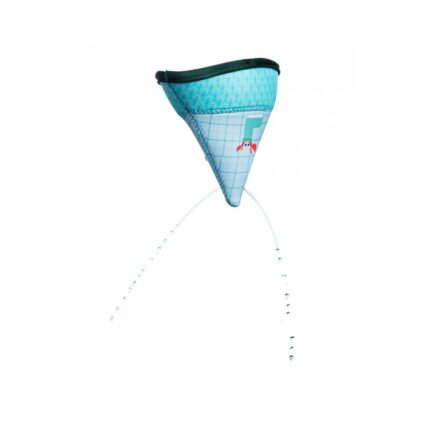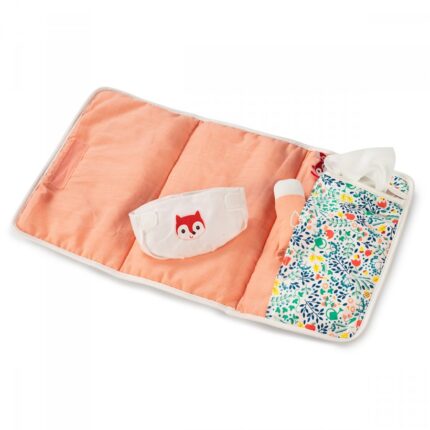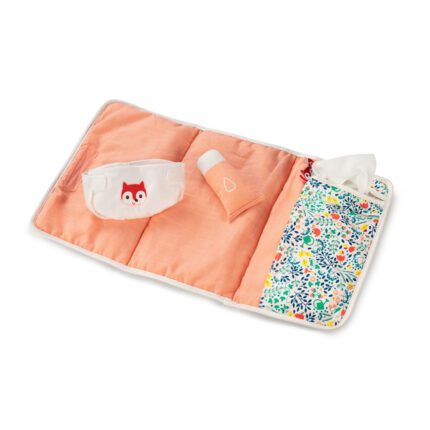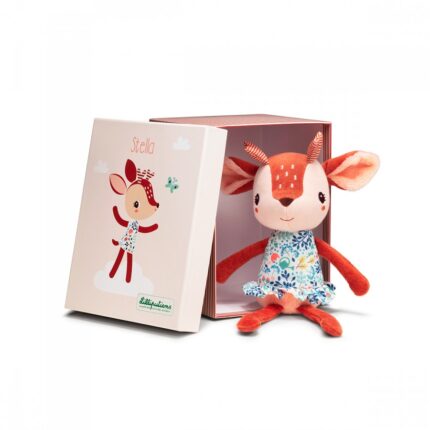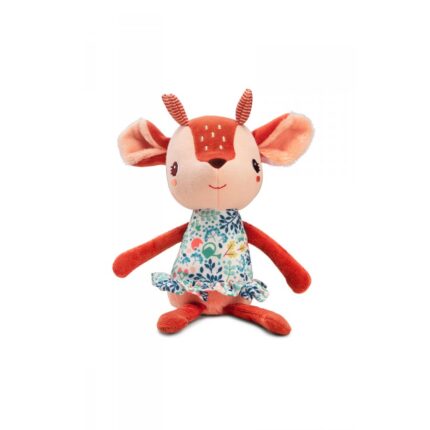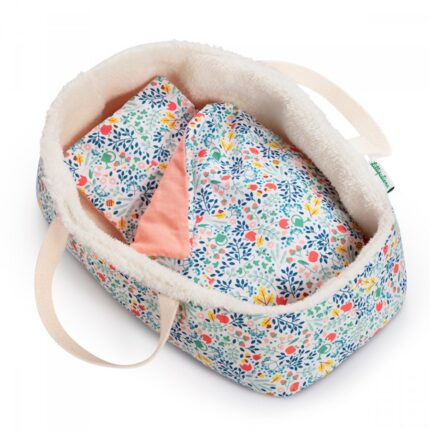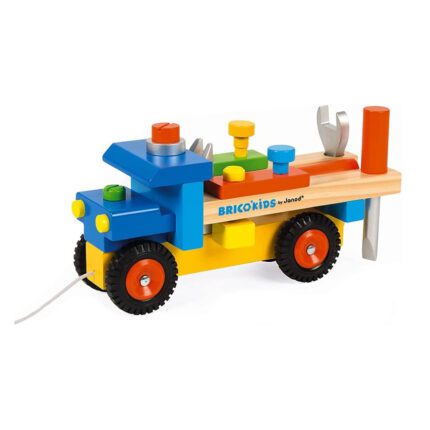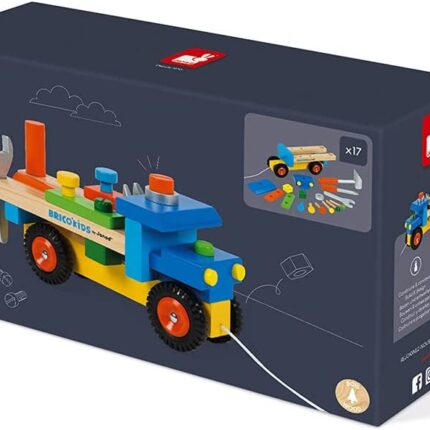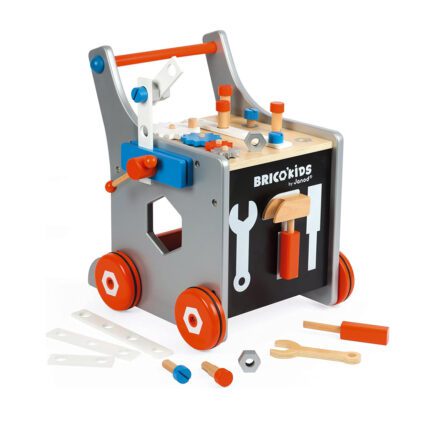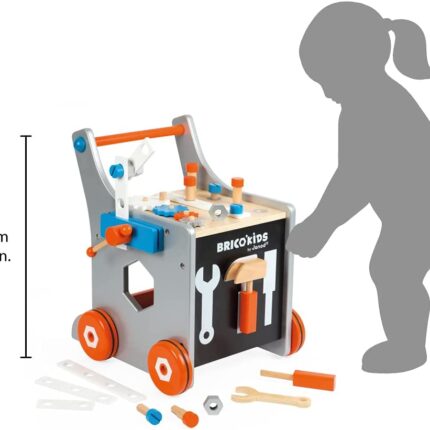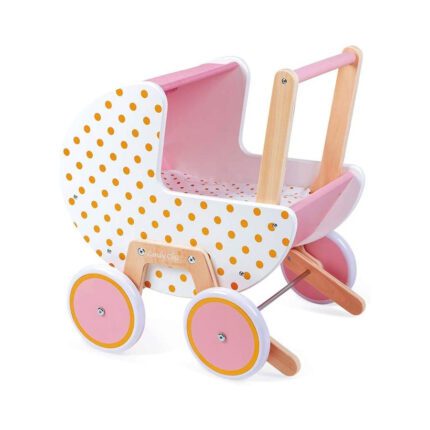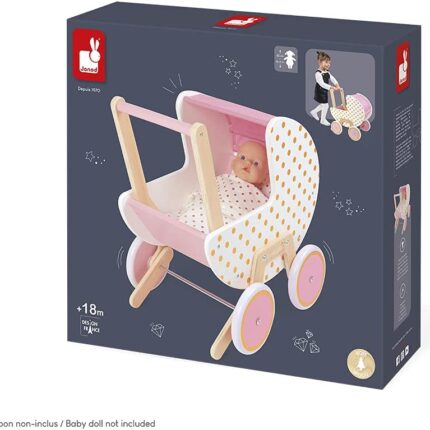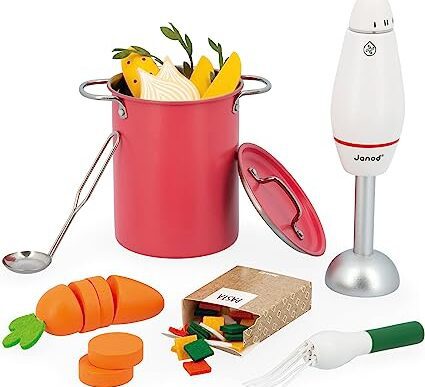Among the chaos of contemporary parenting, with hectic schedules full of extracurricular, school, and screen time, it’s easy to forget the deep developmental advantages and sheer delight of imaginative play. Pretend play develops critical cognitive, social, and emotional abilities in addition to captivating young minds. It can take many forms, from building block castles to throwing tea parties with stuffed animals. In this blog, we explore the value of imaginative play during childhood, emphasizing how pretend play toys stimulate creativity and promote overall development.
1. Unleashing Creativity and Imagination
Essentially, imaginative play helps kids find their creative spark. Children can explore imaginary worlds, create stories, and role-play in countless ways to develop their imagination. Playthings for pretend act as sparks for this creative adventure, offering backdrops and accessories that inspire kids to create stories, take on different parts, and lose themselves in vibrant, made-up worlds. Toys such as dollhouses, play kitchens, and dress-up outfits provide children with unlimited opportunity to express themselves creatively, try on various roles, and imagine countless scenarios.
2. Developing Cognitive Skills
Imaginative play not only fosters creativity but is essential for cognitive growth. Children practice cognitive skills including planning, problem-solving, and critical thinking when they play pretend. Children are continuously navigating complex scenarios, making decisions, and changing course based on changing conditions, whether they are negotiating roles in a pretend game or building intricate buildings out of building blocks. Playthings that mimic real-world situations allow kids to practice their organizational abilities, investigate cause-and-effect relationships, and experiment with spatial concepts—all of which are beneficial for cognitive development.
3. Fostering Social and Emotional Growth
Imaginative play is a social activity that promotes empathy, cooperation, and emotional management rather than just being a means of personal escape. By engaging in pretend play, kids can develop their ability to comprehend other people’s viewpoints, resolve disputes, and work together with their classmates to realize their creative visions. By giving a common area for shared play experiences, promoting communication, and developing interpersonal skills, pretend play toys promote social connection. Pretend play toys help children develop emotional intelligence and meaningful connections, whether they are role-playing as members of a pretend family, going on imaginary adventures with pals, or honing their empathy through role-playing.
4. Encouraging Physical Engagement and Motor Skills
Imaginative play provides a welcome opportunity for physical engagement and the development of motor skills in an era dominated by screens and sedentary activities. Children can move, control things, and explore textures by using pretend play toys, which improves their fine and gross motor skills. Through hands-on play experiences, children actively refine their hand-eye coordination, dexterity, and spatial awareness, whether they’re building blocks structures, dressing up, or cooking pretend food.
The importance of pretend play toys and imaginative play in a world full of digital temptations cannot be emphasized. Imaginative play establishes the foundation for a well-rounded childhood by stimulating creativity, cognitive abilities, social-emotional growth, and physical engagement. It is essential for us as parents, teachers, and other caregivers to value unstructured playtime and to give kids access to a wide variety of pretend play objects that encourage creativity and promote holistic development. We enable kids to explore, learn, and build their own worlds by embracing the wonder of pretend play, setting the stage for a lifetime of delight, creativity, and curiosity.
Explore Our Categories Below:



